Kahontakwas Diane Longboat spoke about the need for First Nation governments to control their own information systems during Confederation College’s We Are Here: Indigenous Learners in Postsecondary Education conference.
Photo by Rick Garrick
First Nations ownership and control of information was one of the issues raised at Confederation College’s We Are Here: Indigenous Learners in Postsecondary Education conference.
“First Nation governments need to control their own information systems,” says Kahontakwas Diane Longboat, senior project manager of Guiding Directions Implementation and Elder at the Centre for Addiction and Mental Health.
“They need to think about exerting jurisdiction over their data and consider a central data system that would serve their needs.”
Longboat delivered the conference’s keynote address — Who Tells Our Story — on March 8 at the Valhalla Inn in Thunder Bay. The March 7-8 conference was hosted by Confederation College’s Centre for Policy in Aboriginal Learning.
“I think it’s time for First Nation governments to step up to claim the field of information management, determine how that management will be owned, protected, accessed and shared,” Longboat says, “and tell the federal government and the provincial government that should they desire to have any kind of access to that information a specific memorandum of agreement can be set up to talk about how that information and data can be shared, but only with First Nation approval.”
The conference also featured discussions on the nature of self-identification and how it should be addressed in postsecondary education.
“We thought it was important to host a conference on the whole idea of working collaboratively with communities in terms of doing research because we have just opened the Centre for Policy in Aboriginal Learning at Confederation College,” says Brenda Small, vice president of the Centre for Policy in Aboriginal Learning. “We thought it was important for folks to start thinking about how do you collaborate with communities, how do communities own research and what are the processes and protocols in place that would enable communities to own research. As a college we don’t need to own the research, but as researchers we can work with communities and organizations and through specific agreements, work out the details so that communities own the data and over time can build capacity and they can tell us what their data is revealing in the future.”
Julia Candlish, director of education with the Chiefs of Ontario, spoke about the importance of community ownership, control, access and possession of data during her dinner keynote on March 7.
“We would like to be able to have control of our data that is held at post-secondary institutions and at the government,” Candlish says. “It is important for First Nations because it will assist in our jurisdiction efforts over all different aspects of our lives within our communities and promote nation building within our communities as well.”
About 50 people attended the conference, including community partners, educators, government and Aboriginal organization representatives, and Confederation College students and employees.
“It is critical to have input from varied backgrounds and experiences,” Small says. “We are grateful to have so many individuals and organizations invested in the continued success of Indigenous learners.”
The conference featured a range of workshops, including Community Based Programs and the I-ALU Document Management System; Decolonizing Postsecondary Spaces; and Indigenous Evaluation, Post-secondary Education, and Indigenous Learning: The Development of a Rubric as part of the Northern Colleges Wise Practices Project.
Other workshops were Making Self-Identification Work for Students, Colleges and Universities; Using Data for Post-Secondary Recruitment Planning; and Towards Reconciliation: The Importance of Indigenous Community Engagement from a Post-Secondary Educational Context.
The Closing Plenary Session featured a presentation on Indigenous Community Engagement: The We Are Here Aboriginal Voluntary Self-Identification Research Project.

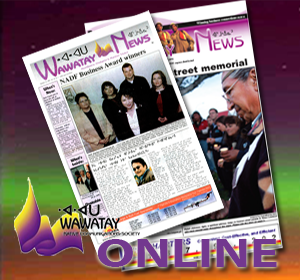





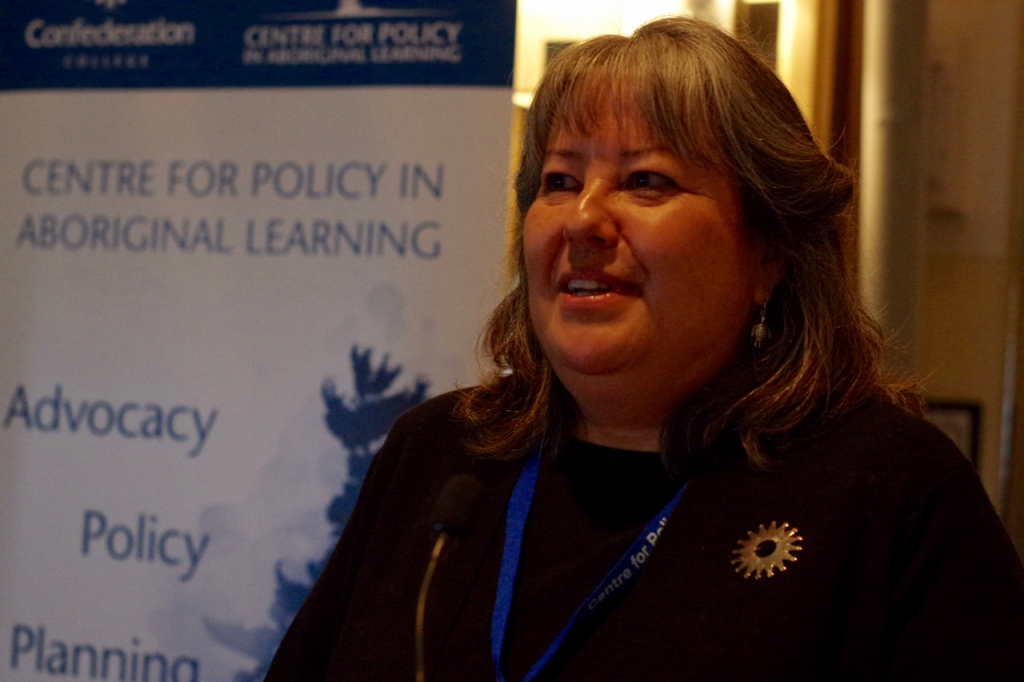

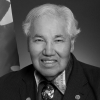

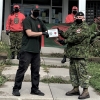

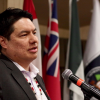
I am the product, evolution of many thousands of years as are you. I grew up on the land in the remote far north of Ontario following in the footsteps of my...
One of the most beautiful serene places I’ve ever visited was on the banks of the Opinagau River in northern Ontario, just near the corner of land where...